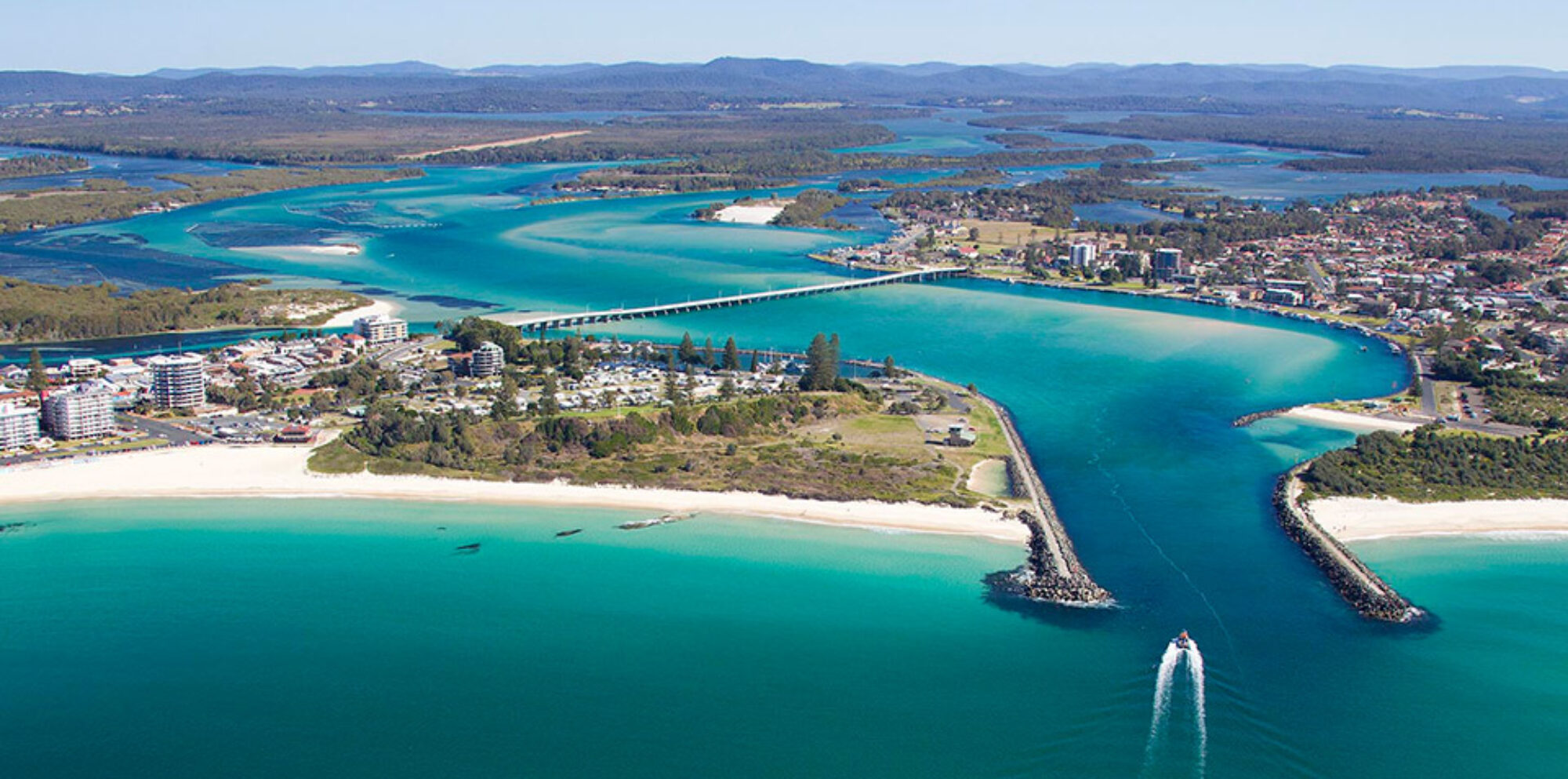Personal Development
Outdoor recreation provides us with challenges, decision-making opportunities, teamwork (trust) and controlled risk taking that can help develop resilience. In our modern society, a lack of exposure to challenging situations can deprive children and young people of the opportunity to develop risk awareness and risk management skills. Experiences of outdoor adventure and ‘safe danger’ can progressively develop risk awareness in environments where the challenge is real, but the potential consequences are managed.
Many outdoor recreational activities are also extremely well suited to socialising. Activities such as bushwalking or rock climbing are inherently reliant on group work to ensure success. Negotiating and problem solving as a group can lead to strong bonds for the group members. Even solo activities such as surfing or snorkelling are enhanced when performed with other people. The shared experiences improve socialisation and create communities, all improving social and also mental health.
Physical Benefits
Being physically active in natural environments allows us to develop a wide range of fitness components. Moving through the many changing terrains outdoors allow us to improve our balance, strength and endurance much more holistically than in a controlled environment like a gym.
Apart from physical health benefits, research has demonstrated that contact with nature has the ability to dramatically improve our social and mental wellbeing. Researchers have found that people who made long visits to green spaces had lower rates of depression and high blood pressure, and those who visited more frequently had greater social cohesion.
In addition, many outdoor activities are social in nature and can alleviate social isolation and promote integration with others and community.
These became particularly evident during the lockdowns in the early stages of Covid- 19, as people craved the chance to engage with nature.
Economic Benefits
Outdoor recreational activities are not only good for the individual, but also for communities and Australia as a whole. It can be a major part of the economy of many small towns, providing employment opportunities and financial stability for many people.
In NSW alone, outdoor recreation activities provide 77000 fulltime jobs and add $7.6 billion dollars to the economy each year. For many small towns, this can be vital to their survival.
Appreciation of the environment
The outdoors provides the perfect opportunity for people to ‘get back to nature’ and appreciate their natural surrounds. Many of us yearn to escape from an over-regulated and too-safe lifestyle and get back to the basics. Outdoor recreation activities provide outlets for these impulses.
Australians are one of the most urbanised countries in the world. Over 85% of us live in urban areas. However, we all recognise the natural beauty of nature and crave this in our lives. This can be seen by the movement of people during holiday times where they leave the city to seek out our natural environments.
